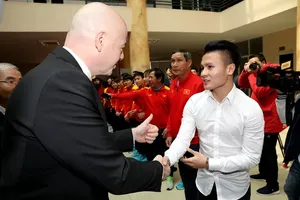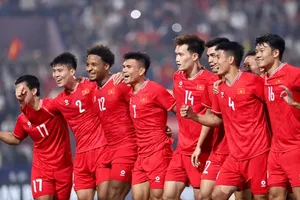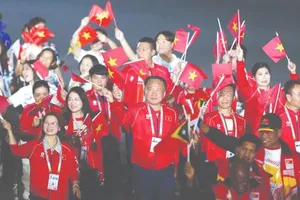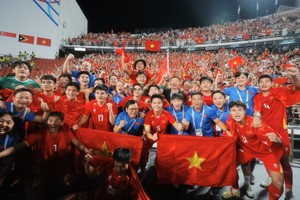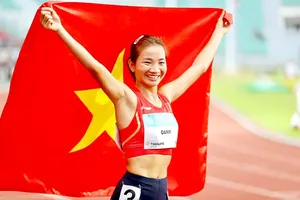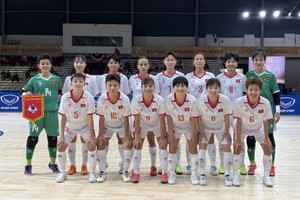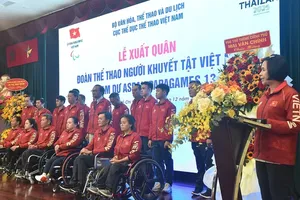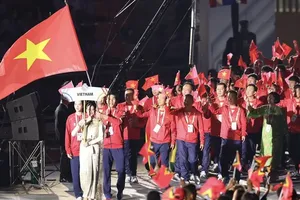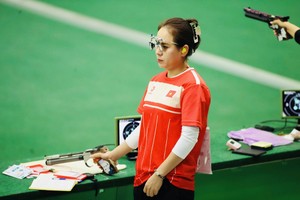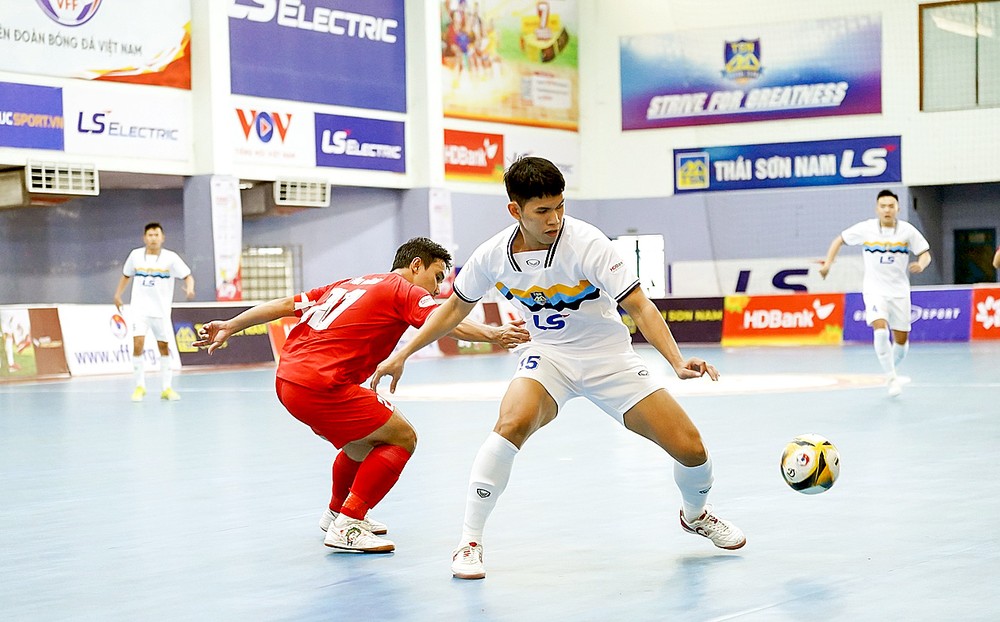
The Department of Sports and Physical Training, along with various other related departments will collaboratively host the 2024 Sports Economic Forum in Hanoi on October 17.
This forum, which took place for the first time last year, was organized in partnership with the Central Economic Committee, the Department of Sports and Physical Training, the Vietnam Olympic Committee, and Vietcontent. It covered various topics, including the current state of Vietnam's sports economy with the goal of finding effective strategies to boost sports development in Vietnam by mobilizing economic resources.
The organizers have announced that this year's forum will continue the previous theme of ‘Promoting the potential of sports economy in the new era’ with three main focuses on creating a legal environment for the development of the sports economy, assessing the economic impact of organizing major sports events on local areas and host units and exploring commercial opportunities and benefits of a sports tournament.
The 2024 Sports Economic Forum aims to redefine the future of the sports industry by providing actionable strategies for commercializing sporting events. This is crucial as the sports sector's contribution to the national GDP remains minimal, and many top teams continue to rely on government subsidies to maintain their facilities and operations.
The commercialization of national championships has been a practice long embraced by sports such as football and basketball. In contrast, most other sports, despite having robust followings, have yet to capitalize on revenue and profit opportunities fully.
An example is taken from football. The VPF Company functions as an independent legal entity and private enterprise, generating substantial revenue and allocating over VND10 billion annually to support the development of Vietnamese football.
As a result, both professional and first-class national championships are sold for commercial rights, and VPF Company's revenue is reinvested in bonuses, referees and media. Meanwhile, many national championships in many sports currently do not have a sponsor. Localities hosting the events cannot attract on-site sponsorship while offering free admission to spectators.
National championships in just a few days are held once a year and therefore, they cannot guarantee the rights of sponsors. When the connection between federations, localities and social enterprises is too weak and lacking, these top sporting events cannot generate cash flow, let alone profit in business.


